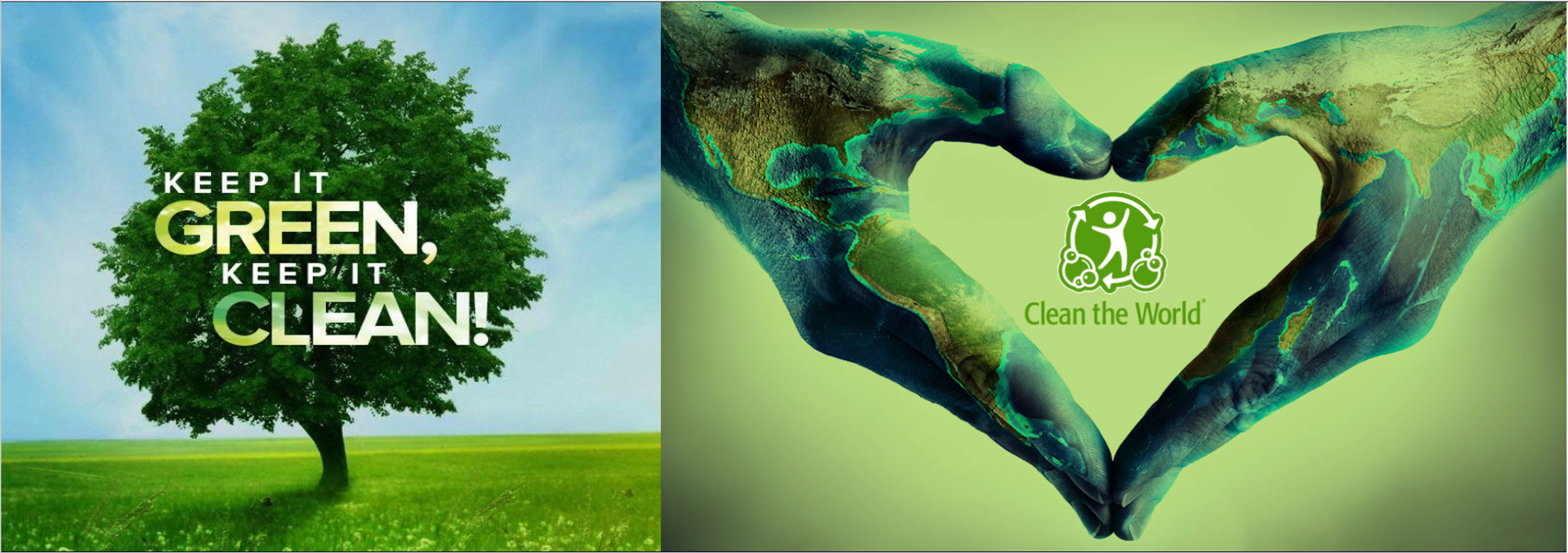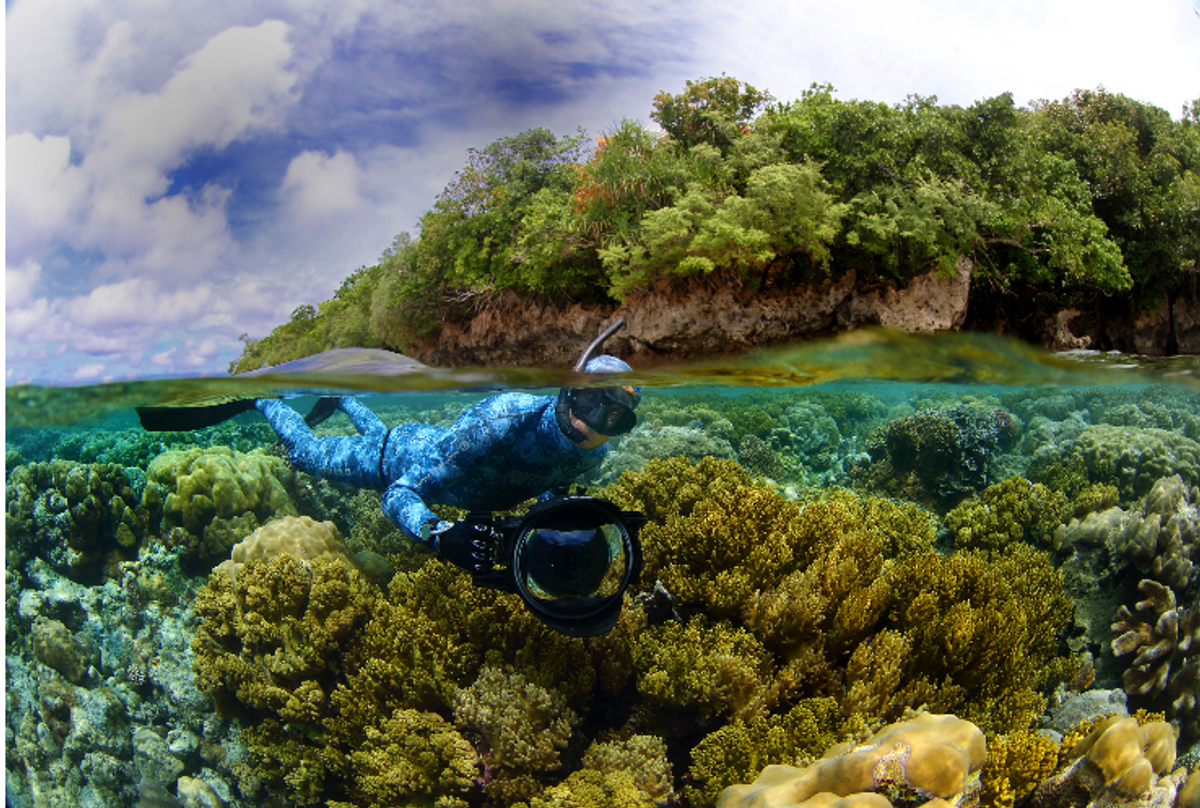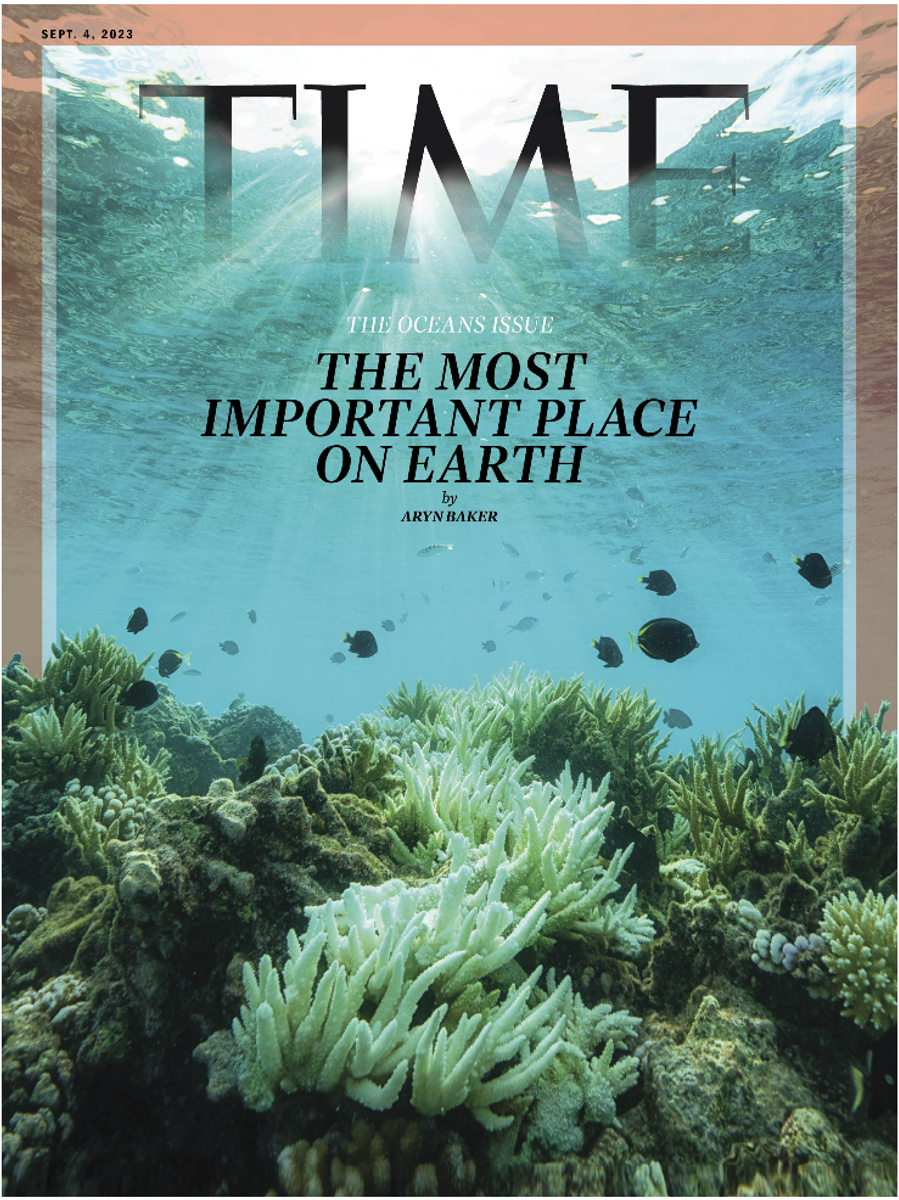The Green Page:

One Man's Quest to Heal the Oceans—And Maybe Save the World
By Aryn Baker
Full article - here time.com/6307205/enric-sala-ocean-conservation
Key Takeaways
The decline in whale populations and the resulting decrease in whale excrement is contributing to increased carbon dioxide levels and the intensity of wildfires.
Protecting and preserving marine biodiversity, such as through marine protected areas, can help mitigate the effects of climate change and promote ecosystem resilience.
The ocean is facing severe challenges, including rising temperatures, coral bleaching, and ecosystem collapse, but there is hope in the ability of nature to recover when given the opportunity.
Summarized
Enric Sala, a marine ecologist and ocean advocate, emphasizes the importance of healthy ocean ecosystems in combating climate change. He explains that whale excrement plays a role in carbon sequestration by fertilizing ocean plankton, which absorbs carbon dioxide. With fewer whales, there is less plankton to sequester carbon, leading to more carbon in the atmosphere and contributing to extreme weather events like wildfires.
Sala's Pristine Seas project aims to protect coastal and ocean territories to preserve biodiversity and mitigate the impacts of burning fossil fuels. He highlights the devastating effects of rising ocean temperatures on coral reefs and emphasizes the need for fully protected marine areas to allow for recovery and resilience. Sala's goal is to identify and protect areas of high biodiversity to promote the abundance of marine life and ensure a sustainable future for our oceans.


